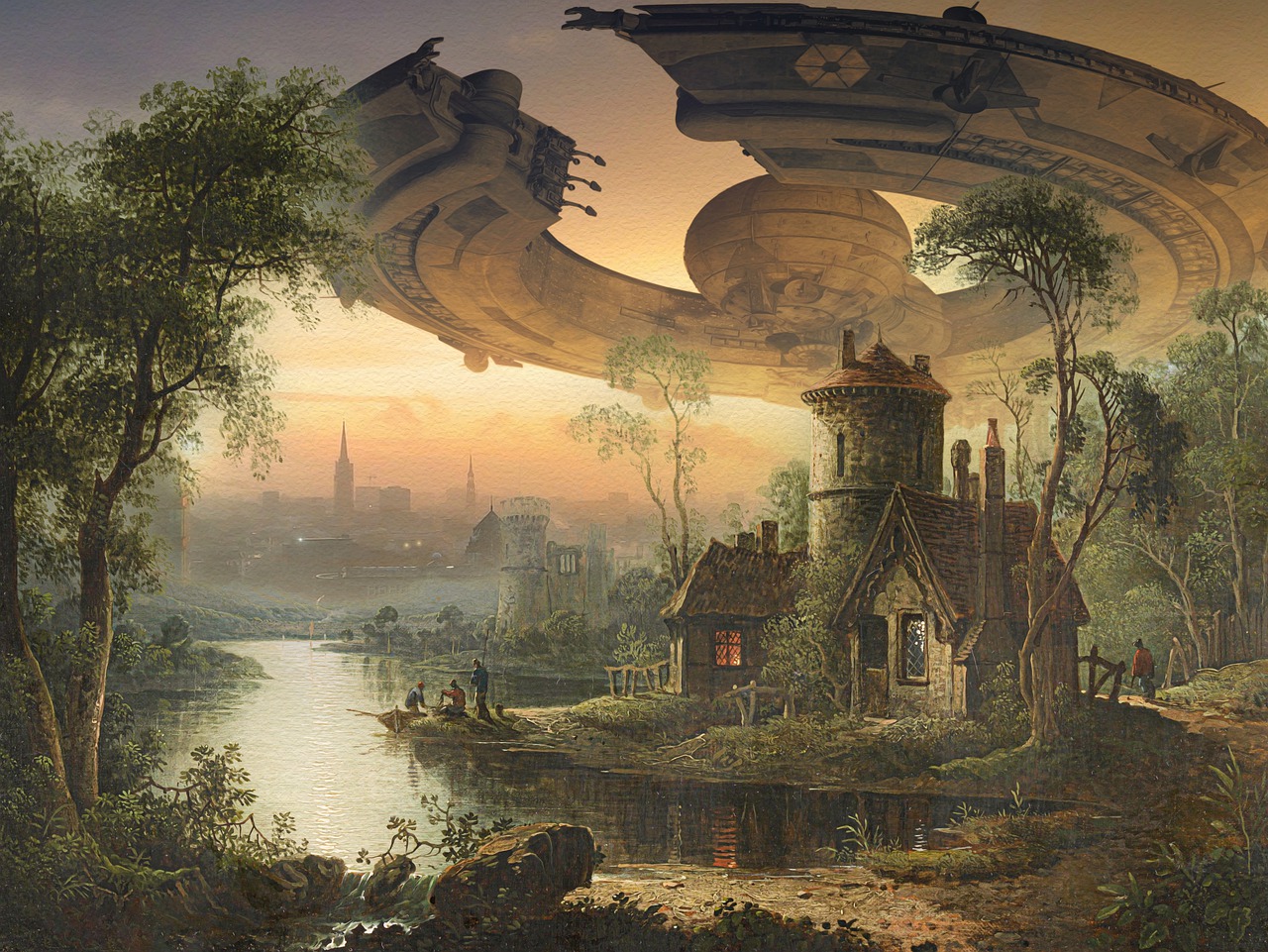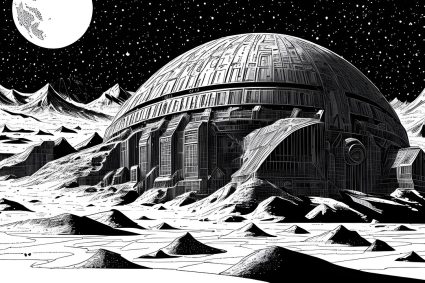
The emergence of sci-fi literature marks a turning point in the history of literature. It is a genre that has captured the imaginations of readers across the globe for over a century. This unique genre has managed to weave the scientific and the fantastic into a fascinating tapestry of stories that explore the limits of human imagination. From space exploration to time travel, the genre has been a gateway to worlds beyond our own, inspiring countless authors and readers alike. In this article, we will explore the origins and evolution of sci-fi literature, delving deep into the stories and themes that have shaped the genre into what it is today.
The Early Years: Origins of Sci-Fi Literature
The emergence of sci-fi literature can be traced back to the late 19th century. The genre began to take shape with the publication of Jules Verne’s “Journey to the Center of the Earth” and H.G. Wells’ “The Time Machine.” These two novels established the foundation for a genre that would soon become one of the most popular and enduring in literature. In the early years, sci-fi literature was often seen as a niche genre, only appealing to a small group of readers with a fascination for science and technology.
Themes and Influences in Sci-Fi Literature
Despite its niche appeal, sci-fi literature was always about exploring the limits of human imagination. The genre often touched on themes of space exploration, time travel, and extraterrestrial life. It also delved into the consequences of scientific advancements and explored the social and cultural implications of a rapidly changing world. Some of the key influences on sci-fi literature include: Scientific Advancements: The rapid pace of scientific advancements in the 19th and 20th centuries provided fertile ground for the emergence of sci-fi literature. The genre often explored the possibilities of these advancements, such as space travel and time machines.
Philosophy: Many sci-fi novels explored philosophical concepts such as free will, determinism, and the nature of reality. These themes were often explored through the lens of science fiction, providing a unique perspective on age-old questions.
Social Commentary: Sci-fi literature often provided social commentary on contemporary issues such as politics, gender, and race. The genre offered a way to explore these issues through a futuristic lens, allowing for a fresh perspective on current events.
The Golden Age of Sci-Fi Literature
The emergence of sci-fi literature as a mainstream genre came in the 1930s, with the rise of pulp magazines such as “Astounding Science Fiction” and “Amazing Stories.” These magazines brought sci-fi to a wider audience, inspiring a new generation of writers to take up the genre. This period is often referred to as the “Golden Age” of sci-fi literature, with authors such as Isaac Asimov, Robert Heinlein, and Arthur C. Clarke leading the charge. During this time, sci-fi literature evolved into a more sophisticated and mature genre, with stories that explored complex themes and characters.
Modern Science Fiction
The emergence of sci-fi literature as a mainstream genre continued into the latter half of the 20th century. With the advent of television and movies, sci-fi became even more popular, inspiring classic films such as “Star Wars” and “Blade Runner.” In recent years, sci-fi literature has continued to evolve, exploring new themes and characters in exciting ways. The genre has also become more diverse, with authors from different backgrounds and perspectives contributing to the genre. Sci-fi has become a cultural phenomenon, with conventions, cosplay, and merchandise dedicated to the genre.
The Impact of Sci-Fi Literature
The emergence of sci-fi literature has had a profound impact on popular culture and society. It has inspired countless works of literature, film, and television, and has provided a platform for exploring complex themes and ideas. Some of the key impacts of sci-fi literature include:
Inspiring Scientific Advancements: Sci-fi literature has often inspired scientific advancements, from the concept of the rocket ship to the idea of the personal computer. Many scientists and inventors have been inspired by the imaginative worlds of sci-fi literature, leading to real-world innovations. Fostering Imagination and Creativity: Sci-fi literature has inspired countless readers to imagine new worlds and possibilities. It has fostered a sense of creativity and imagination in readers of all ages, inspiring them to explore new ideas and concepts.
Promoting Social Change: Sci-fi literature has often explored social and political issues, providing a platform for promoting change and social justice. The genre has explored themes such as equality, diversity, and social justice, inspiring readers to consider new perspectives on these important issues.
Conclusion
The emergence of sci-fi literature marks a turning point in the history of literature. It is a genre that has captured the imaginations of readers across the globe, inspiring countless works of literature, film, and television. From its origins in the late 19th century to its current status as a cultural phenomenon, sci-fi literature has had a profound impact on society and popular culture. It has inspired scientific advancements, fostered imagination and creativity, and promoted social change. The emergence of sci-fi literature has truly been a remarkable journey, and its impact will continue to be felt for generations to come.




